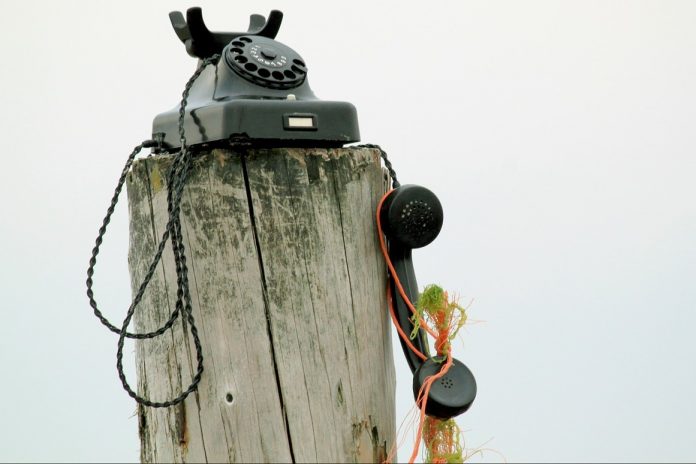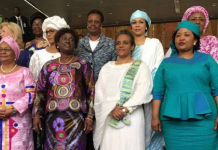The expansion of telecommunications services by network operators to rural areas in Nigeria is reported to have slowed down drastically. Investments have gone down by as much as 35 per cent and many operators are shutting down their sites due to the high cost of deploying services.
Although the telecommunications revolution is 18 years old this month, about 205 Nigerian communities still do not have access to the technology in country that is estimated to have about 198 million people. This is worrisome, given the fact that Nigerians from all walks of life – artisans, petty traders, bus conductors as well as the illiterate – are all desirous of getting connected to the GSM and the web.
With the mobile phone usage explosion in the last decade, about 162 million active users and 93 million unique subscribers have emerged. Notwithstanding the fact that penetrability has touched one third of the population, some 40 million Nigerians, remain unreached.
The Nigerian Communications Commission (NCC) has declared that the number of those without services has reduced to 33 million. The figure is contentious because telecommunications services are increasingly becoming trendy even in the rural areas. Folks in the villages certainly want to catch up with the Joneses at a time when many youths are maturing into the system and eager to participate in the rising revolution.
Analysts suggest that investors in the sector should be availed with creative incentives to meet the high cost of deploying services in areas that are not ordinarily lucrative. There can be no doubt that millions of Nigerian youths eager to catch up with the trend in the booming appliances of mobile communications will clog up the system and thus expose the inadequacies of the shortfall in the provision level.
Also, the cost of providing service to impoverished and sparsely populated areas is prohibitive and Return on Investment (ROI) is very low.
Telecoms penetration against the population figure is put at about 49 per cent in Nigeria. In South Africa, however, 94 per cent of the people can access internet services while in Kenya, for instance, 89 per cent of the citizens have access to the Internet. Experts believe that Nigeria should think outside the box to garner higher data.


















